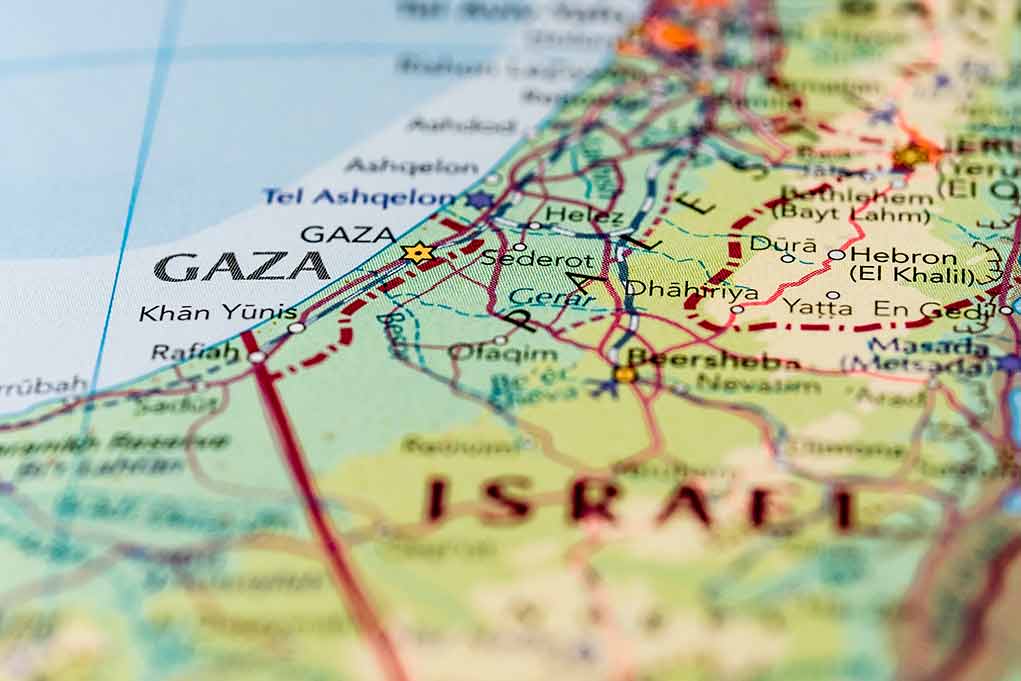
Edward Djerejian’s insights reveal how the United States played a key part in the ceasefire deal between Israel and Hamas.
At a Glance
- Israel and Hamas agreed to a ceasefire and hostage release deal.
- The ceasefire came after 15 months of deadly conflict.
- Edward Djerejian discussed the U.S. influence in ceasefire negotiations.
- Personal stories, such as Liz Hirsh Naftali’s great niece’s release, are intertwined with the political developments.
U.S. Influence in the Ceasefire Negotiations
Edward Djerejian, former U.S. ambassador to Israel, highlighted the United States’ significant role in shaping the ceasefire between Israel and Hamas. The U.S.’s strategic influence and diplomatic efforts played a pivotal part in facilitating this agreement, showcasing the complex geopolitical dynamics at play. This ceasefire marks an important step forward after 15 months of intense conflict, underlining the necessity of diplomatic engagement in the region.
The ceasefire comes as a culmination of sustained diplomatic negotiations, reflecting both regional and international efforts to bring an end to the hostilities. Djerejian’s analysis suggests that the ceasefire’s success is also due to the Trump administration’s policies, which have laid the groundwork for negotiation tactics that are now bearing fruit. The discussions on “The Daily Report” provided an in-depth examination of these intricate diplomatic maneuvers.
The Human Element: Personal Stories Amid Diplomacy
Liz Hirsh Naftali offered a personal narrative alongside the larger political discourse. During the initial prisoner-hostage exchange, Naftali’s great niece was released, providing a human face to this international matter. These human-interest stories bring to light the deeply personal impacts of political decisions, illustrating the profound connections between diplomacy and personal lives affected by conflict.
This convergence of diplomacy and individual stories underscores the complexities of peace agreements. The emotional and personal significance of such agreements is often overshadowed by the political maneuvers that achieve them. Naftali’s account highlights the relief and joy experienced by families, a poignant reminder of the stakes involved beyond political gains.
Looking Forward
The ceasefire agreement presents an opportunity for a broader discourse on the roles nations play in such negotiations. It emphasizes the importance of sustained diplomatic engagement and how past administrations contribute to present successes. The analysis by Edward Djerejian, coupled with personal stories, provides a balanced perspective on the multifaceted nature of international relations.
As the global community navigates these developments, the focus will remain on how long-lasting peace can be maintained and the pathways through which diplomacy can be further utilized to prevent recurring hostilities. This agreement serves as a reminder of the power of negotiation and diplomacy in resolving long-standing conflicts.
Sources
1. Israel, Hamas Agree to Ceasefire Deal to Pause War in Gaza
2. Former U.S. ambassador to Israel on the “Trump effect” that impacted the ceasefire deal




